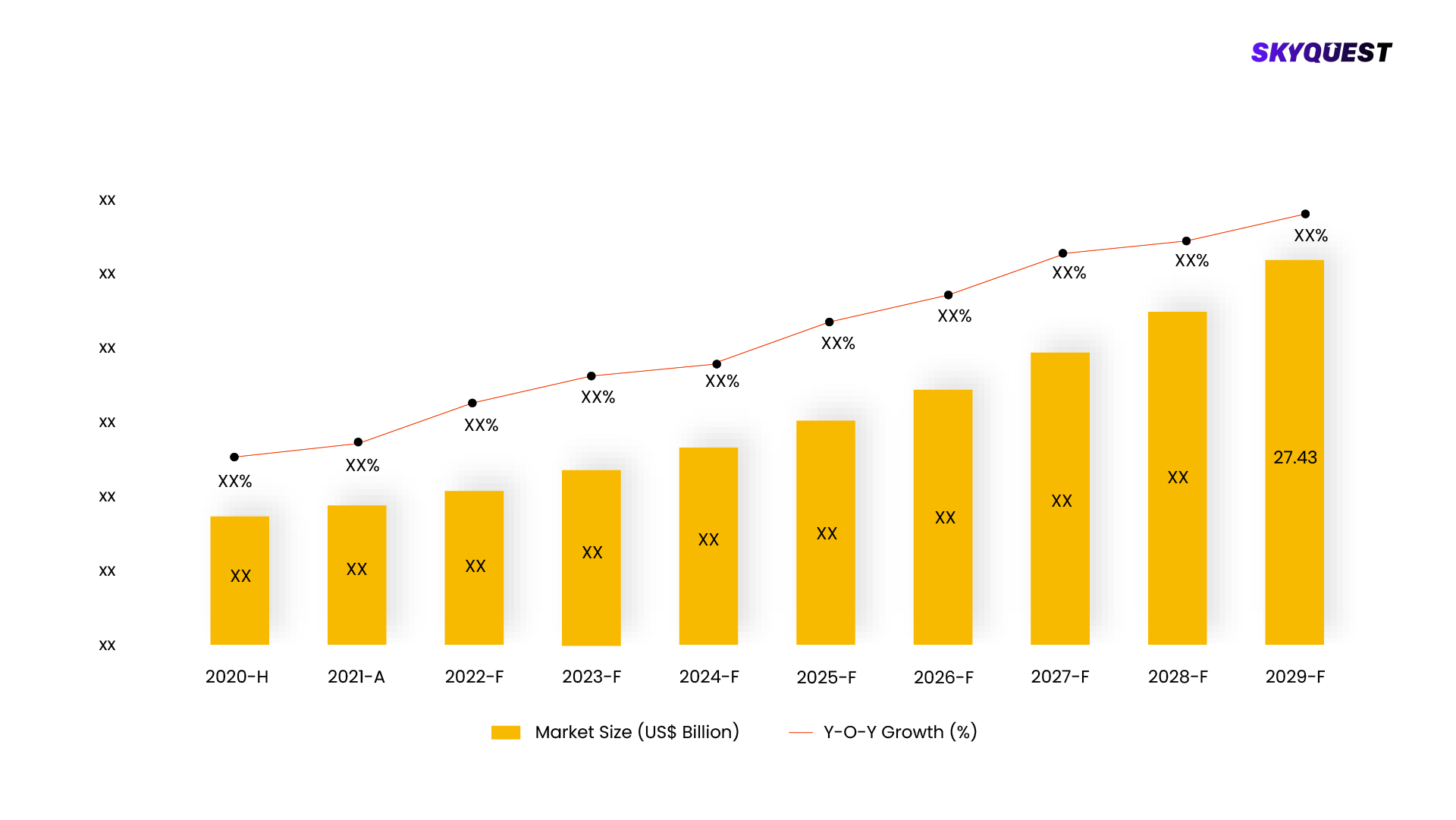
Product ID: UCMIG15E2228

Report ID:
UCMIG15E2228 |
Region:
Global |
Published Date: Upcoming |
Pages:
165
| Tables: 55 | Figures: 60
The global market for hydrodesulfurization catalysts was projected at USD 2.46 billion in 2019 and is predicted to grow at a 4.4% CAGR during 2020 to 2027. Growing regulatory regulations regulating the use of greener and low-sulfur fuel across regions are driving the market. The need for desulphurization catalysts has shifted in recent years as a result of the gradual transition to ultra-low sulphur (ULS) marine fuels, heat oils, and aviation fuels.

This report is being written to illustrate the market opportunity by region and by segments, indicating opportunity areas for the vendors to tap upon. To estimate the opportunity, it was very important to understand the current market scenario and the way it will grow in future.
Production and consumption patterns are being carefully compared to forecast the market. Other factors considered to forecast the market are the growth of the adjacent market, revenue growth of the key market vendors, scenario-based analysis, and market segment growth.
The market size was determined by estimating the market through a top-down and bottom-up approach, which was further validated with industry interviews. Considering the nature of the market we derived the Specialty Chemicals by segment aggregation, the contribution of the Specialty Chemicals in Diversified Materials and vendor share.
To determine the growth of the market factors such as drivers, trends, restraints, and opportunities were identified, and the impact of these factors was analyzed to determine the market growth. To understand the market growth in detail, we have analyzed the year-on-year growth of the market. Also, historic growth rates were compared to determine growth patterns.
Our industry expert will work with you to provide you with customized data in a short amount of time.
REQUEST FREE CUSTOMIZATIONWant to customize this report? This report can be personalized according to your needs. Our analysts and industry experts will work directly with you to understand your requirements and provide you with customized data in a short amount of time. We offer $1000 worth of FREE customization at the time of purchase.

Product ID: UCMIG15E2228